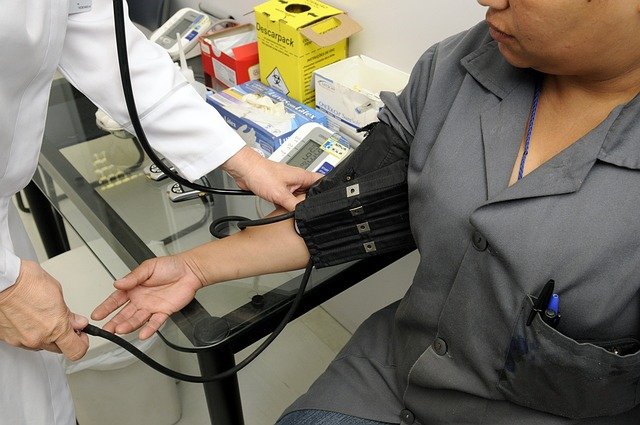Identifying the Symptoms of Depression: Key Signs to Recognize for Effective Help in 2025
Depression is a multifaceted mental health condition, marked by symptoms of depression that can profoundly impact daily life. Key indicators include persistent sadness, a lack of motivation, and changes in sleep patterns. Many people also experience emotional numbness and physical symptoms such as fatigue and appetite changes. Understanding these symptoms of depression is crucial for recognition and early intervention.

What is Depression and Why Does It Matter?
Depression is more than just feeling sad or having a bad day. It’s a serious mental health condition characterized by persistent feelings of hopelessness, loss of interest, and significant changes in daily functioning. Millions of individuals struggle with this condition, yet many go undiagnosed due to lack of awareness and understanding.
Common Symptoms of Depression: What to Look Out For
Recognizing depression involves identifying a cluster of symptoms that persist for an extended period. Key indicators include:
-
Persistent feelings of sadness or emptiness
-
Significant changes in sleep patterns (insomnia or oversleeping)
-
Dramatic weight fluctuations
-
Loss of interest in previously enjoyable activities
-
Difficulty concentrating or making decisions
-
Persistent fatigue or low energy levels
-
Feelings of worthlessness or excessive guilt
Understanding the Triggers of Depression
Depression can emerge from various sources, including:
-
Genetic predisposition
-
Traumatic life experiences
-
Chronic medical conditions
-
Significant life changes
-
Neurochemical imbalances
-
Prolonged stress
-
Social isolation
Recognizing the Signs: When to Seek Professional Help
Not all sadness indicates clinical depression. However, if symptoms persist for more than two weeks and significantly impact daily functioning, it’s crucial to consult a mental health professional. Warning signs that require immediate attention include:
-
Persistent thoughts of self-harm
-
Suicidal ideation
-
Complete withdrawal from social interactions
-
Inability to perform basic daily tasks
-
Extreme mood swings
Depression Assessment and Professional Support Options
| Assessment Type | Provider | Estimated Cost | Accessibility |
|---|---|---|---|
| Online Screening | Mental Health America | Free | High |
| Professional Psychological Evaluation | Licensed Therapists | $100-$250 per session | Moderate |
| Comprehensive Psychiatric Assessment | Psychiatrists | $200-$500 initial consultation | Limited |
Prices, rates, or cost estimates mentioned in this article are based on the latest available information but may change over time. Independent research is advised before making financial decisions.
Seeking Help: Your Path to Recovery
Recovery from depression is possible with proper support and treatment. Evidence-based approaches include:
-
Psychotherapy
-
Medication management
-
Lifestyle modifications
-
Support group participation
-
Holistic wellness strategies
Mental health is a journey, and seeking help demonstrates strength, not weakness. Each step toward understanding and addressing depression is a significant milestone in personal healing and growth.
Disclaimer: This article is for informational purposes only and should not be considered medical advice. Please consult a qualified healthcare professional for personalized guidance and treatment.




